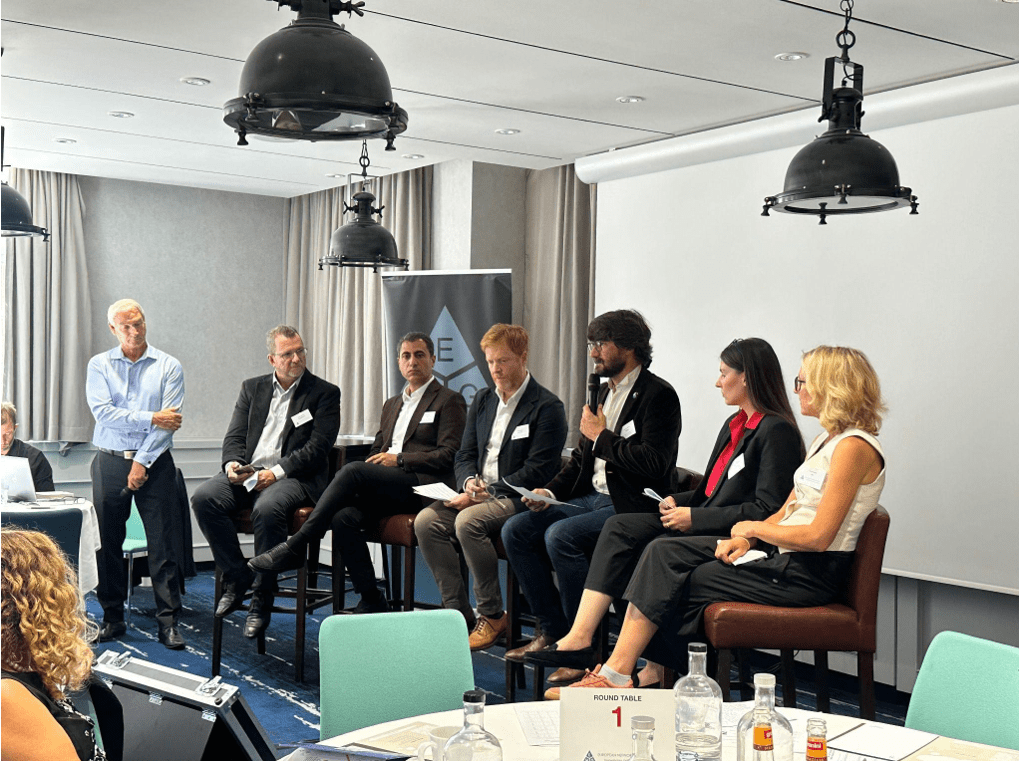At this year’s Global Food Safety Summit in Hamburg, SGS Digicomply led a roundtable on the theme “Unlocking Food Chain Safety with Blockchain and AI.” The session brought together industry experts, researchers, and business leaders to explore how emerging technologies can address some of the most pressing challenges in today’s supply chains.
Why Blockchain and AI Matter for Food Safety
In today’s global marketplace, supply chains span continents, involve countless stakeholders, and face mounting pressure to ensure transparency, resilience, and consumer trust. At the same time, regulators and customers demand more proof than ever that products are safe — from raw material sourcing to the supermarket shelf. This is where blockchain and artificial intelligence (AI) come in:
● Blockchain provides a tamper-proof record of every step in the supply chain, ensuring traceability and accountability.
● AI enables advanced analysis, spotting hidden patterns, predicting risks, and supporting faster, smarter decisions.
Together, they have the potential to revolutionize food chain safety — moving from reactive problem-solving to proactive risk prevention.

Key Challenges and Insights from the Discussion
Experts at the roundtable shared real-world perspectives, highlighting both opportunities and barriers in applying these technologies. Some of the most important points included:
● Awareness Gap — Many companies are still unaware of available digital tools that could significantly simplify compliance and monitoring.
● Demand for Supplier Data — Businesses want deeper visibility into raw materials and supplier practices.
● Holistic Risk Analysis — Risk detection should include not only incidents, but also contextual factors such as climate conditions, natural disasters, and political instability — enabling stronger predictive models.
● Data Quality Issues — AI models require high-quality, diverse training data, which is still lacking in many sectors.
● Blockchain Limitations — While blockchain ensures traceability, it is not immune to fraudulent or inaccurate entries. Safeguards and validation mechanisms remain crucial.
“I’m happy to be part of a community of experts who openly share their diverse experiences and perspectives on the challenges within the food chain — and who are eager to explore how AI tools can make it safer.”
Anna Romanova, Product Manager at SGS Digicomply
Conclusion: Collaboration is Key
The discussion made clear that while blockchain and AI are powerful tools for building safer, more transparent supply chains, they rely on one critical factor: collaboration. Every stakeholder in the chain must be willing to share accurate data for these technologies to reach their full potential.
In EFRA, SGS Digicomply leads the “Informing Regulatory Decisions with Food Risk Intelligence” Use Case, which directly addresses these challenges and demonstrates how companies can harness AI for smarter, safer food systems. Conversations like this roundtable are essential in shaping the future — ensuring that innovation translates into real-world impact.




